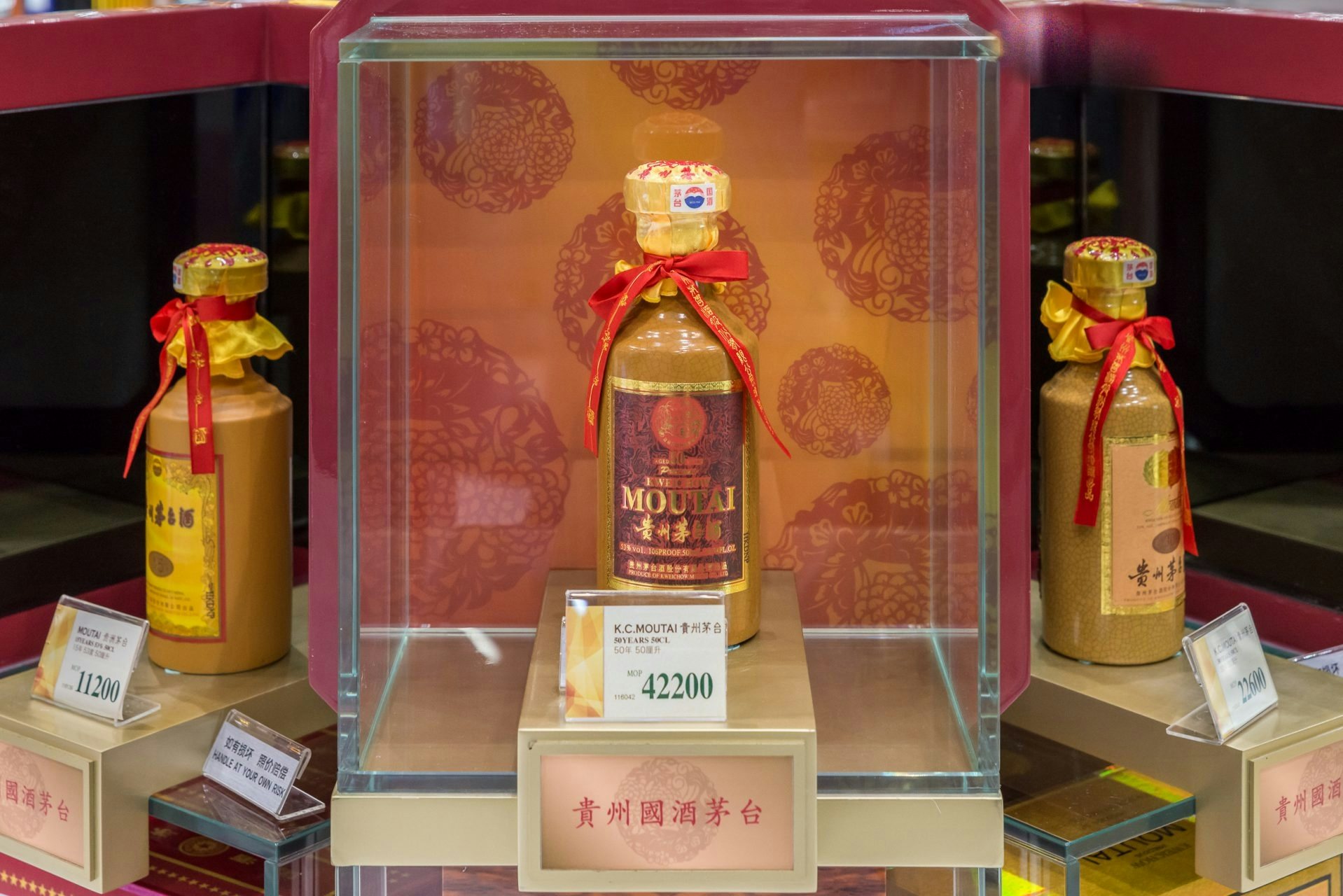MSCI has just given credit to the influence of mainland China, and possibly some of its luxury brands, on the global economy. The U.S. index provider has just announced it would include 222 “A-share” listed Chinese companies as part of its benchmark Emerging Markets Index.
Although the companies included have yet to be announced as of press time, one likely candidate is Kweichow Moutai, a high-end spirits-maker that is the most valuable liquor company in the world and listed in mainland China on the Shanghai Stock Exchange. The Guizhou-based distiller makes baijiu, a high-proof liquor that is often a staple among high-end banquets in China. Moutai was reportedly a favorite brand of liquor of Mao Zedong. The company faced tough times in the wake of President Xi Jinping’s crackdown on ostentatious gifting during the anti-graft campaign in 2013, but has more recently been seeing a rebound in demand. Moutai surpassed Diageo in April when its market value reached US71.5 billion.
Other blue-chip companies U.S. investors could benefit from could include any other highly valued, domestically-listed brands, such as those ranked by Millward Brown’s Brand Z Top 100. Many of China’s more well-known private groups like Alibaba and Baidu that already trade on stock markets outside of the mainland, such as in New York and Hong Kong, would already be accessible to U.S. investors through the MSCI index.

This move is one that had been rejected for the last several years due to government restrictions on access to China’s equity markets. Earlier this year, MSCI relaxed its own criteria for inclusion on its index, but the global head of index management research at MSCI told Reuters that MSCI would also like to see China relax regulations on foreigners “repatriating” capital out of China.
Reuters called MSCI’s decision a “landmark moment,” one that gives investors the opportunity to include more Chinese stocks in their mutual funds or retirement accounts, and in return has the potential draw billions of dollars into China’s economy.

